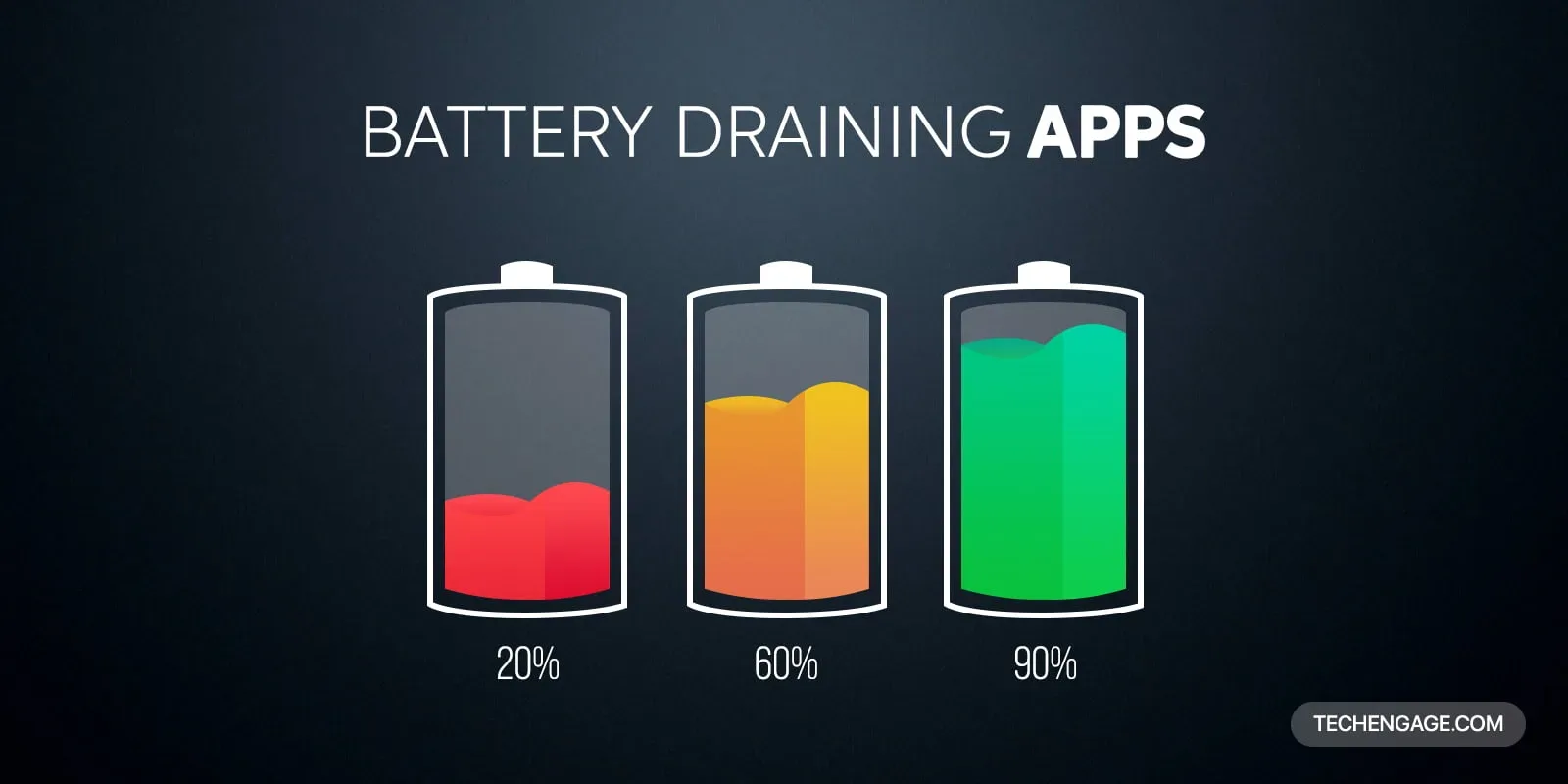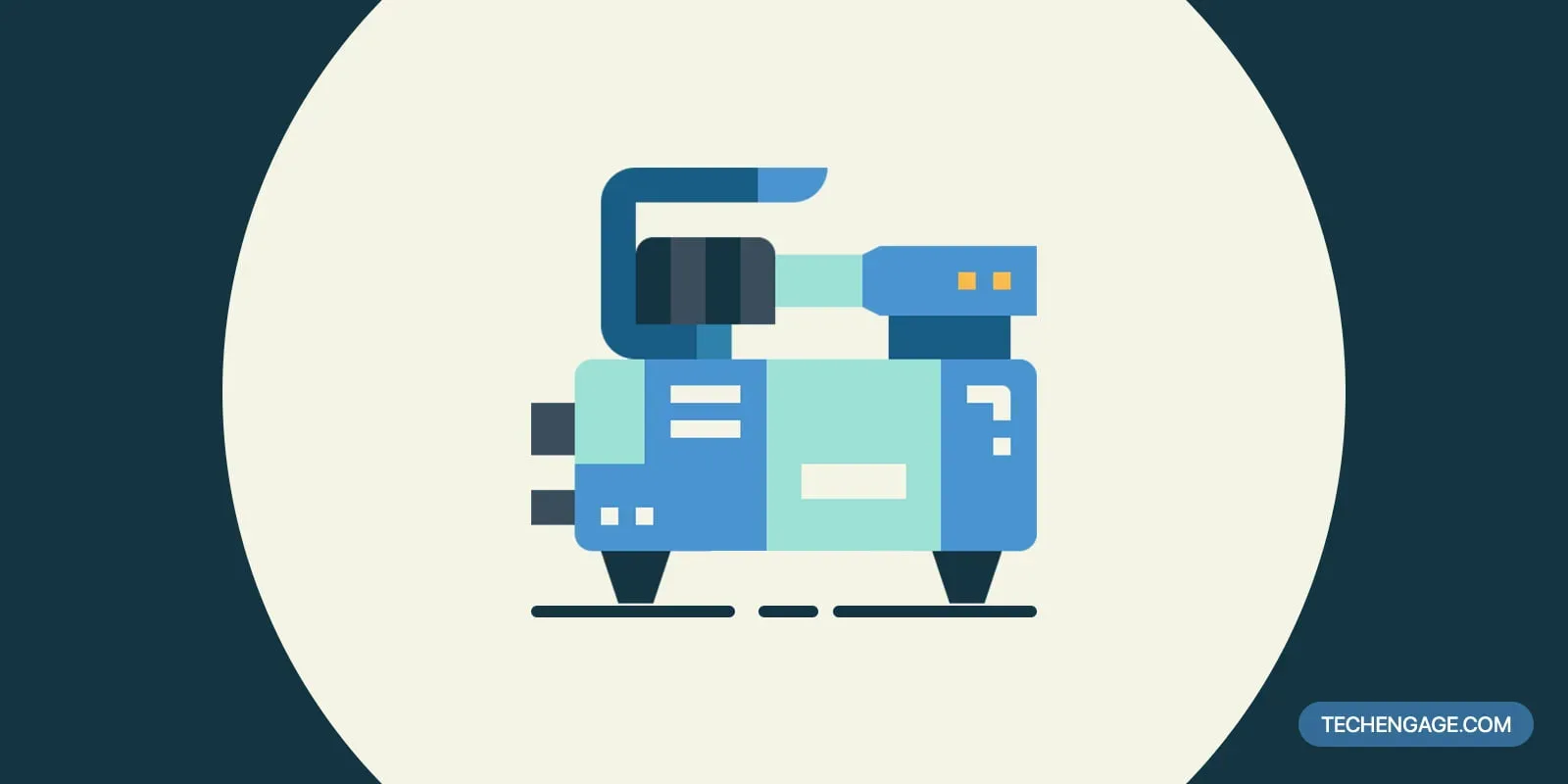Over the past few years, our level of dependency on broadband has greatly increased. The average person now streams most of their media, and we are increasingly doing the same for gaming. Plus, a far higher percentage is now using video chat and virtual workspaces several times a week because of the coronavirus crisis.
All of these services use a huge amount of bandwidth. So, unsurprisingly, a lot of us are in the market for a new connection. Here are the things you need to bear in mind before you sign on the dotted line and commit yourself to an 18 or 24-month contract.
1. How much speed do I need?
The first question to answer is, how much speed do I need? If you live alone and want to use the internet for work and occasionally stream a non-HD movie, you might get away with as little as 10Mbps. Should you want to watch 4k quality content, you would need about 25Mbs.
2. How many people will be using the connection?
If you live in a household where everyone is streaming content, you will need a much faster connection than this. In theory, 25Mbs is enough, but at the weekends, when everyone is online, the chances are you will need much more than that.
3. What is the actual speed that will be provided?
Once you have worked out what speed you need, you can begin to look at what is available in your area. When you do this, take the time to double-check the average peak time speed. This figure is a far better reflection of what you will physically be getting.
4. See what others say about the service you are considering using
It is also worth double-checking what other users say they are getting in terms of speed. Reviews are a good source of information. Even better is speaking to friends and family that live in your area about the actual speeds they are getting and whether they have any issues.
5. Understand whether there is a cap or not
It is not uncommon for broadband providers to cap usage. So, before committing yourself to a contract, always check whether there is a cap in place and what that is. When reading the reviews, also keep an eye out for signs that the provider throttles their connection at the busiest times. Both capping and throttling could lead to your internet being worse than useless at times, and usually when you need it most.
In the UK, telecom companies have agreed to stop capping during the coronavirus epidemic. But it is likely to return once the crisis is over. So, double-check that when a provider says they do not use capping, this is the case for the long and short term.
6. Take the time to read the contract
Before you sign up with a provider, it is a good idea to spend 15 or 20 minutes reading the contract. You want to understand how long you will be tied to that provider and what the penalties would be if you had to move to a new address. Also, double-check that the monthly price you are paying does not automatically rise after a specified period. This type of clause is surprisingly easy to miss.
Provided you follow the advice above, you will avoid experiencing buffering hell and stuttering video chats. As well as be able to present a professional face to the world while working online.



